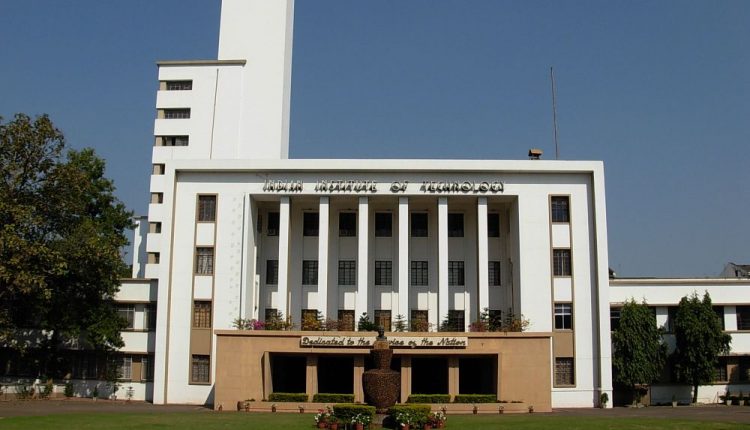Kharagpur IITians Identify New Areas Of Use For Existing Drugs
Kolkata: Researchers from IIT Kharagpur’s School of Medical Science and Technology (SMST), have identified new drug repurposing candidates – existing drugs for some particular diseases, which can be used to treat other disorders – for induction of fetal hemoglobin to treat beta thalassemia patients, the institute said on Friday.
With blood disorders or hemoglobinopathies such as beta thalassemia and sickle cell anemia affecting millions, drug-induced increase in fetal hemoglobin has been shown to improve the condition of those affected with these blood disorders.
But as these drugs have side-effects, scientists are exploring if “repurposed” or existing drugs can be used to treat these disorders.
To discover which drugs could be used for possible repurposing, the researchers at the Regenerative Medicine Lab at the Indian Institute of Technology (IIT) Kharagpur studied the working of miRNAs (micro Ribonucleic Acids) which regulate the pathways along which the production of fetal hemoglobin is stimulated, reports India Today.
Role of spices in treating blood disorders
The researchers observed that Curcumin, found in turmeric, and Ginsenoside, found in the roots of Ginseng, both known for their medicinal properties, could go a long way in treating blood disorders like thalassemia and sickle cell anemia.
These two plant ingredients, together with approved drugs such as Valproate and Vorinostat, were found to be “most suitable for future clinical trials”. The researchers also studied how RNAs work, how they regulate gene expressions and also which chemical molecules affect their expression pattern.
The team at SMST used several bioinformatics tools to match differentially expressed miRNAs with differentially expressed genes (as found in publicly available datasets) and identify their pathways. The team has also devised a database called “miRwayDB” to provide comprehensive information of experimentally validated miRNA-pathway associations in various diseases.
As many as 19 miRNAs were found to be differentially expressed in those who had high fetal hemoglobin levels in their blood. The team also identified some unique small molecules that strongly affected the expression of those 19 miRNAs.
Of the five molecules identified by the research, three – deoxycytidine, Valproate and Vorinostat – are commonly used to treat other diseases. For example, Valproate is used to treat seizure disorders in childhood and Vorinstat is an anticancer agent.
“These identified markers expand our understanding of fetal hemoglobin regulatory mechanism and may have importance in designing new therapeutic strategies to reactivate its production in patients with hemoglobin disorders,” said Nishant Chakravorty, who heads the Regenerative Medicine Lab and the team at SMST.
The study was conducted by Chakravorty, his student at SMST, Sankha Subhra Das, and Rashmi Sinha of IIT Kharagpur’s inhouse medical facility B.C. Roy Technology Hospital, and published in the “Gene” journal. ”
According to Professor Anish Chatterjee, B.C. Roy Post Graduate Institute of Paediatric Sciences, research into repurposing of drugs is important and could even lower the cost of medical treatment as cheaper drugs, instead of the costly ones presently used, could be used to treat diseases.


Comments are closed.